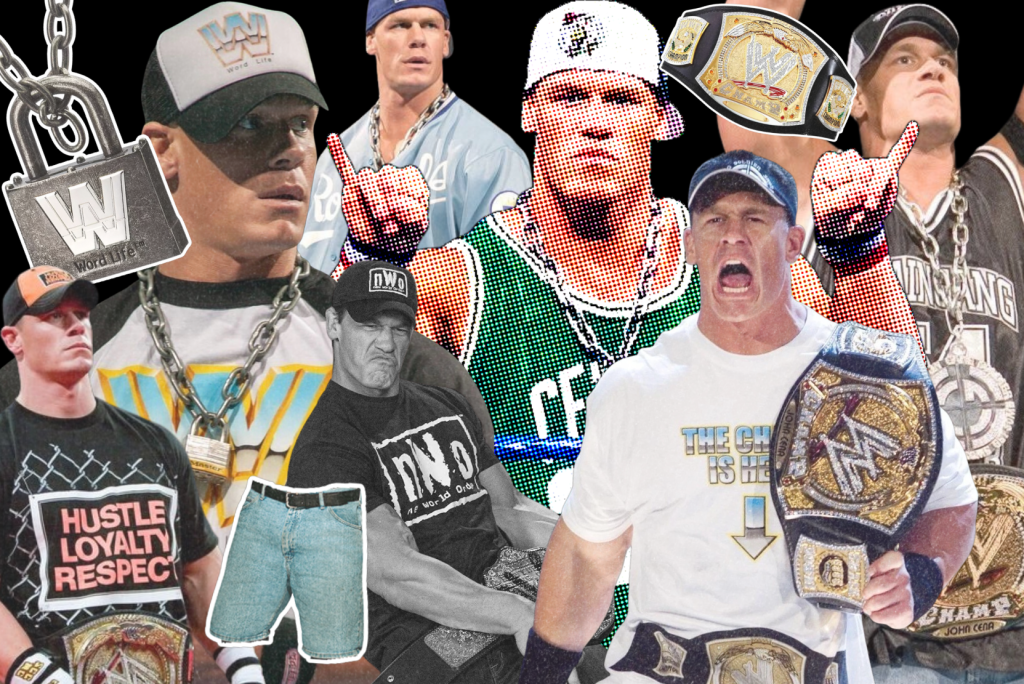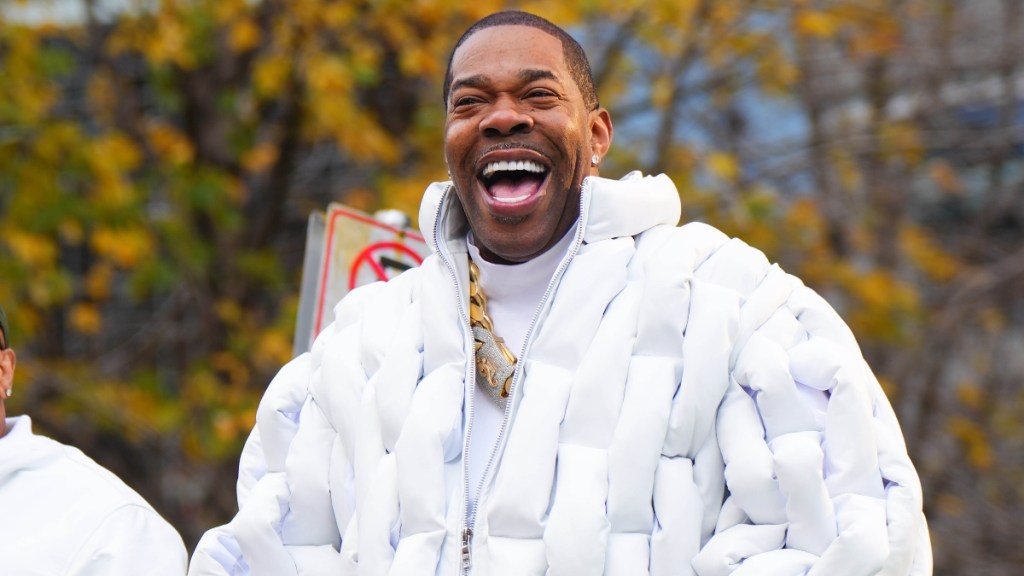This article is part of Open Secrets, a collaboration between gal-dem and VICE that explores abusive behaviour in the music industry – and how it has been left unchecked for too long. Read gal-dem’s Open Secrets articles here, and read VICE’s Open Secrets articles here.
As the re-emergence of the #MeToo movement became a cultural reckoning of the late 10s and beyond, it was inevitable that it would locomote the music industry, unmasking truths that were “hidden” in plain sight. The 2020 documentary On The Record examined the alleged harm orchestrated by music mogul Russell Simmons, while, in the UK, a 2019 report by the Musicians Union found that 48 percent of its respondents had experienced workplace harassment and that 85 percent chose not to report on it. The list unfortunately goes on.
Videos by VICE
For years, musicians have felt emboldened to perpetuate harm. But what happens when they discuss instances of it in songs?
Rick Ross’s 2013 feature on Rocko’s “U.O.E.N.O” candidly referred to putting drugs in women’s drinks and, rightfully, caused a social media call to arms. But despite losing out on a Reebok deal – and an official remix re-issued sans Ross – there are countless occasions when I’ve heard the Rick Ross mix played in clubs across the country.
More recently, millions of users saw – and at times sung along to – London-based act Octavian romanticising killing his ex-girlfriend, Emo Baby, on a song from his 2019 mixtape Endorphins called “My Head”. “Too busy cutting lines / I’ll kill you if you’re in my sight,” he rapped.
The lyrics weren’t hugely discussed or dissected at the time, but when the song was accompanied by a harrowing account from Emo Baby months later – one that cited alleged domestic abuse, with pictures of bruises, videos and text messages – fans saw a glimpse of art not being able to exist outside of the artist. Octavian, who denies the allegations, was subsequently dropped by his label Black Butter Records.
As the dust began to settle around Octavian in January 2021, multiple victims broke their silence on alleged crimes by Marilyn Manson. These related to emotional and sexual harm, blackmail and grooming and included claims from his former fiancee Evan Rachel Wood. Like Octavian, Manson had previously spoken about abuse in song lyrics, though he denies the allegations against him.
In a 2009 interview with Spin, Manson told a reporter that the song “I Want To Kill You Like They Do In The Movies” was “about my fantasies”. In response to a question about Evan Rachel Wood, he detailed cutting himself with a razor for every one of the 158 times she screened his phone calls during a single day and said “I have fantasies every day about smashing her skull in with a sledgehammer.”

Both Octavian and Marilyn Manson stayed on their respective labels until the public outcry became so huge that they had to be dropped. But in both instances, there had been a history of abuse – a police report was filed against Manson in 2018 for unspecified sexual assault allegations but was later dropped, detailing unspecific sexual crimes. Emo Baby says she was offered £20,000 to sign a non-disclosure agreement not to speak out but refused.
Alessandro ‘Moz’ Moro, an A&R and artist manager at Empire, believes that artist management and label teams have a duty of care to their artist’s audience. “If a song contained abusive lyrics towards women I would definitely step in. Your moral compass steps in and you have an obligation to do so,” he says.
According to Ofcom rules in the UK, radio stations are prohibited from broadcasting material which advocates for sexual violence, violence, distress or loss of human dignity — as well as multiple other ills – meaning a lot of the more abhorrent content never reaches airwaves.
Stephanie Achigbu, a newly appointed marketing director at the London-founded distribution company AWAL, strongly attests to the stringent rules in the realms of radio and promotional singles.
“Radio has made it virtually impossible to get away with abusive lyrics. We’re always super conscious as it’ll get flagged by radio teams and pluggers. No one wants to jeopardise a campaign with abusive lyrics at any stage,” she summarises.
But Octavian still performed “My Head” publicly to hundreds of fans; XXXTentacion – who confessed to domestic abuse and multiple violent crimes toward his girlfriend – still performed “SAD!”, which contains lyrics about emotional manipulation, at live shows. Achigbu also admits that because of the radio focus, in her experience it is singles – rather than album tracks – that are often looked into with a more persistent level of observation.
However the question of whether or not labels – or anyone – should be censoring song lyrics is a tricky one. Take UK drill. Pioneering duo Skengdo & AM were sentenced to nine months in prison in 2019 – suspended for two years – for performing their song “Attempted 1.0” at a Brixton Academy show, breaking an injunction that had previously prohibited the pair from performing the single live in an attempt to reduce gang-related crime.
Like Skengdo & AM, lots of UK drill acts have been slapped with CBOs (criminal behaviour orders) or gang injunctions preventing them from releasing music unless the lyrics are cleared with police for content. But in many instances, courts across the country have failed to interpret the lyrics in question with the appropriate lens or context, essentially roadblocking young Black men’s careers.
Clearly the precedent for censoring lyrics is heinous and systemically harmful when allowed to run rampant in the eyes of the law. But should the implicit and explicit messages in lyrics be disregarded altogether?
Ian McQuaid – Head of A&R at Moves Recording (who released Skengdo & AM) and sometime VICE contributor – says that the role of A&R’s and imprints are to ensure due diligence is maintained.
“As a label, as an A&R, your job is to interrogate what is going on [with songs and projects], to know that you back it, to try and minimise the amount of positions where you’re uneasy with what you and the artist are doing.”
Fundamentally, every artist has a right to artistic freedom. Plus, freedom of speech is a birth right – see the 1998 Human Rights Act. But throughout history, it is glaringly obvious that the music industry has aeons worth of labour to do when it comes to protecting victims in this terrain.
This work needs to begin – and in some cases continue – now. Labels, digital streaming platforms and radio conglomerates must reckon with the fact they have put capital before human life before by allowing abusive material from abusive artists to enter the world.
They should embody change by interrogating artists early, investigating even an iota of abuse or harassment claim and taking appropriate action, not when social media makes said artist go viral for their confessions, but when their gut initially tells them to step in – especially if alleged victims have gone to senior members of businesses with accusations.
Fans should also be mindful of the part they play. Streaming, chanting and referencing harmful lyrics in a positive light helps perpetuate the idea that portraying abuse is OK (plus in some cases – as with R Kelly – helps support abusers by getting their records played). We’re all accountable. It’s not just record labels, but also the consumers who choose what to hear.
Everyone – at least in this country – has a right to a fair trial, but temporary suspensions exist in other spaces. An abundance of programs and rehabilitation schemes are also within the music establishment’s arsenal. Complicity has gone on for too long, and it’s disappointing that archaic institutions have moved at snail’s pace when it comes to people’s safety and protection.
For a full list of resources related to this article and the Open Secrets series, visit our Open Secrets Resources page here.
More
From VICE
-

Photo by Miriam Espacio on Pexe -

-

Images by WWE / Collage by Haley Miller -

XNY/Star Max/GC Images



